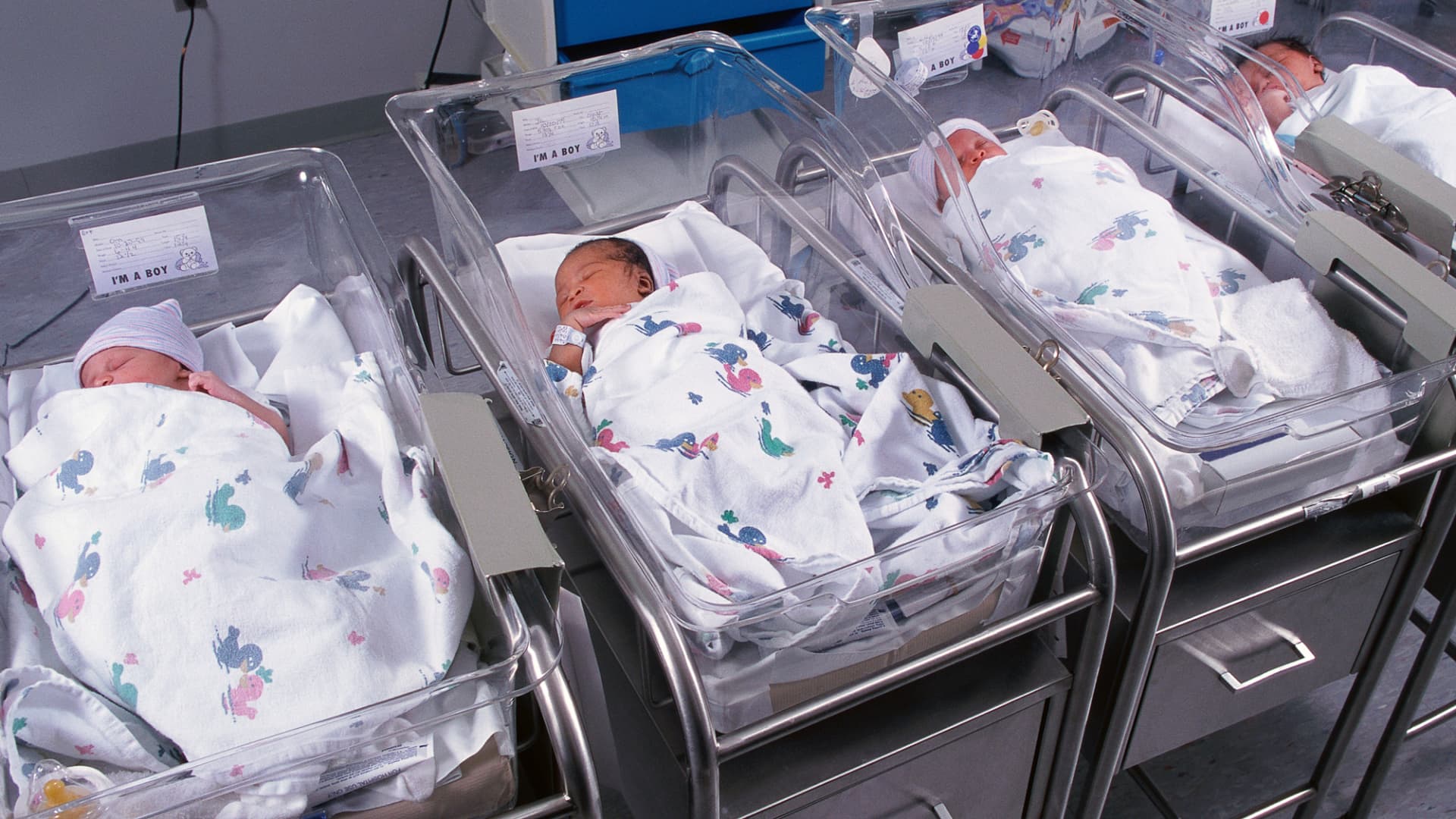Even healthy infants face a considerable risk of hospitalization from respiratory syncytial virus, according to a large European study published Thursday.
Dutch and British scientists, in a study published in Lancet Respiratory Medicine, found that 1.8% of healthy infants are hospitalized with RSV before their first birthday. This means about 1 in 56 healthy infants are hospitalized with the virus annually.
Dr. Louis Bont, one of the authors of the study, stressed that the incidence of RSV hospitalization in healthy infants was about twice as high as the researchers had expected.
The scientists found that a majority of the infants hospitalized with RSV were younger than 3 months. About 1 in 18 infants hospitalized with RSV required treatment in the intensive care unit.
RSV is a common respiratory virus that normally results in mild symptoms similar to the common cold. But for infants younger than 6 months, it can cause lung infections that result in hospitalization and in some cases require assisted breathing.
The scientists followed more than 9,000 healthy newborns to at least their first birthday across five sites in Spain, Finland, England, Scotland and the Netherlands.
They found that 145 of the healthy babies were hospitalized with RSV, eight of whom required treatment in the intensive care unit, about 5%, and three of whom needed mechanical ventilation, or 2%.
Bont said the findings highlight the importance of bringing vaccines to market that can significantly lower the amount of disease in infants and relieve pressure on pediatric hospitals.
The European Medicines Agency this month approved an antibody called nirsevimab, developed by AstraZeneca and Sanofi, to prevent lower respiratory tract disease from RSV in newborns and infants.
Pfizer is developing a single-dose vaccine given to pregnant mothers to protect their newborns against severe disease from RSV. Clinical trials found the shot was about 81% effective at preventing severe lower respiratory tract illnesses in the first 90 days of the baby’s life.
Pfizer plans to submit an application to the Food and Drug Administration by the end of 2022 for the vaccine’s approval in the U.S.
The U.S. is facing a significant increase in RSV cases among kids in almost every region of the country, according to the Centers for Disease Control and Prevention. About 77% of pediatric hospital beds are occupied as RSV and the flu surge, according to data from the Health and Human Services Department.
The CDC is encouraging parents to seek immediate medical attention for their children if they show any of the following warning signs: Trouble breathing, blueish lips or face, chest or muscle pain, dehydration (dry mouth, crying without tears, or not urinating for hours), or not being alert or interactive when awake.
RSV symptoms include runny nose, loss of appetite, and a cough that can progress to wheezing. Infants almost always show symptoms, but for babies younger than 6 months these symptoms can be more subtle, according to the CDC. RSV does not always result in a fever.
Irritability, decreased activity and appetite, as well as pausing while breathing, are all signs that an infant might have RSV, according to the CDC.
